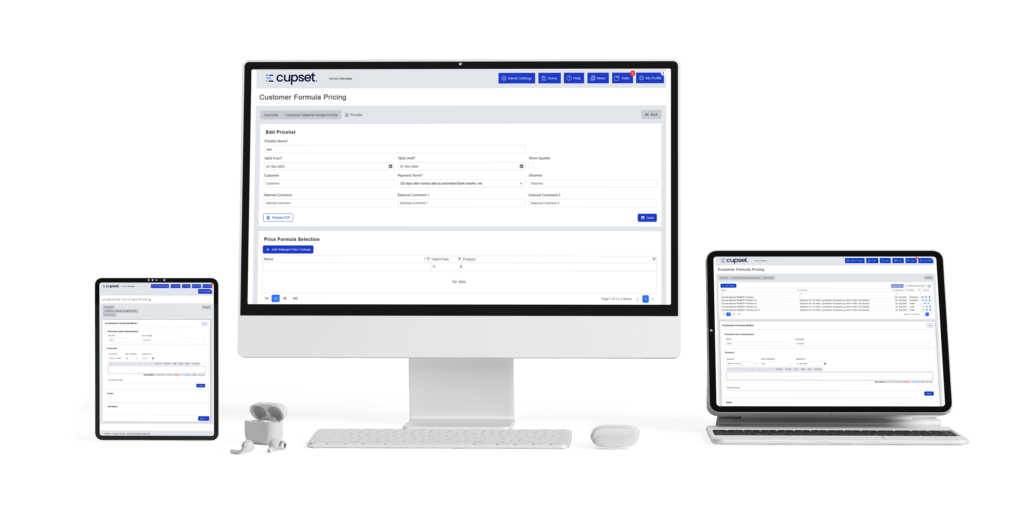-
Transparency and FairnessFormula pricing creates clear and consistent pricing that both buyers and sellers can understand. It minimizes the potential for subjective decisions or favoritism, as the price is determined by an objective, predefined formula.
-
Stability and PredictabilityBy linking the price to specific, known variables (like raw material costs, exchange rates, or commodity prices), formula pricing provides more stability. Customers and suppliers alike can better predict and plan for future costs, even in volatile markets.
-
Risk SharingFormula pricing often helps to share risks between buyers and sellers, particularly when it comes to fluctuating costs (like in the case of commodity-based pricing). This reduces the impact of sudden market shifts on either party, as the formula adjusts automatically with changes in relevant factors.
-
EfficiencyIt reduces the need for constant renegotiation or re-evaluation of prices. With a formula in place, pricing is automated and adjusted according to the agreed-upon parameters, saving time for both parties involved.




-
Improved NegotiationSince the pricing formula is predefined, there’s less room for lengthy negotiations. It helps both sides avoid disputes over pricing, and ensures that both parties know what to expect.
-
FlexibilityWhile the formula is typically tied to objective metrics, it can be structured to incorporate various factors, allowing for a flexible approach that can adapt to changing market conditions.
-
Better Long-Term RelationshipsBy providing fair and consistent pricing, formula pricing can help build trust and long-term business relationships between parties. There’s less likelihood of price-related conflicts, which is key for maintaining good partnerships.
-
Competitive AdvantageFor companies selling products with fluctuating input costs (like commodities), formula pricing can offer a competitive edge by offering more predictable and fair prices compared to competitors using static pricing strategies.
